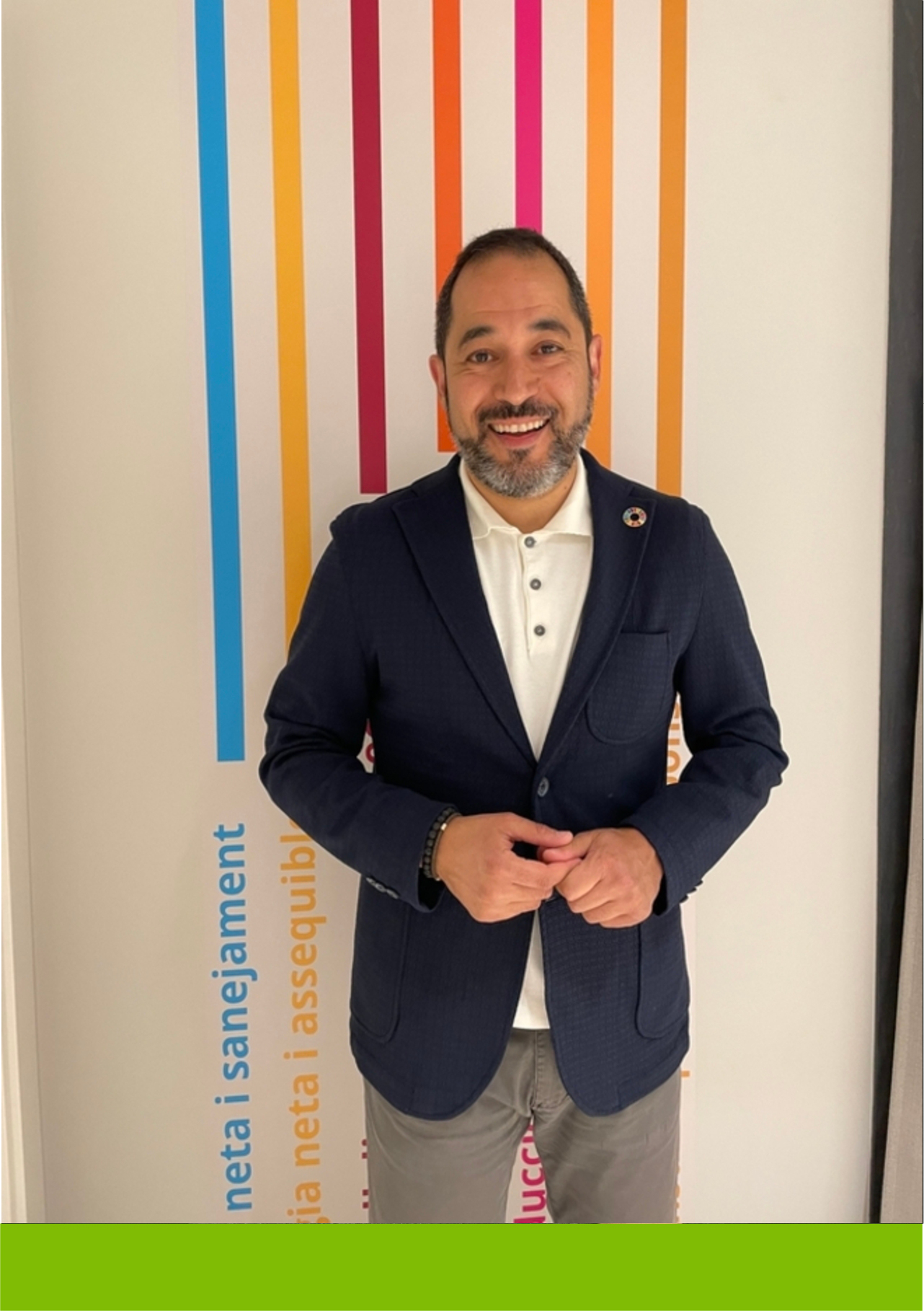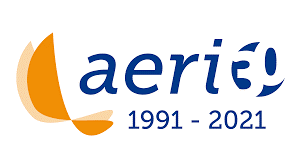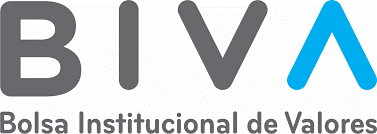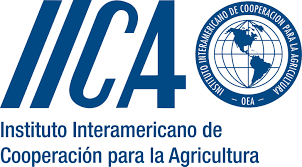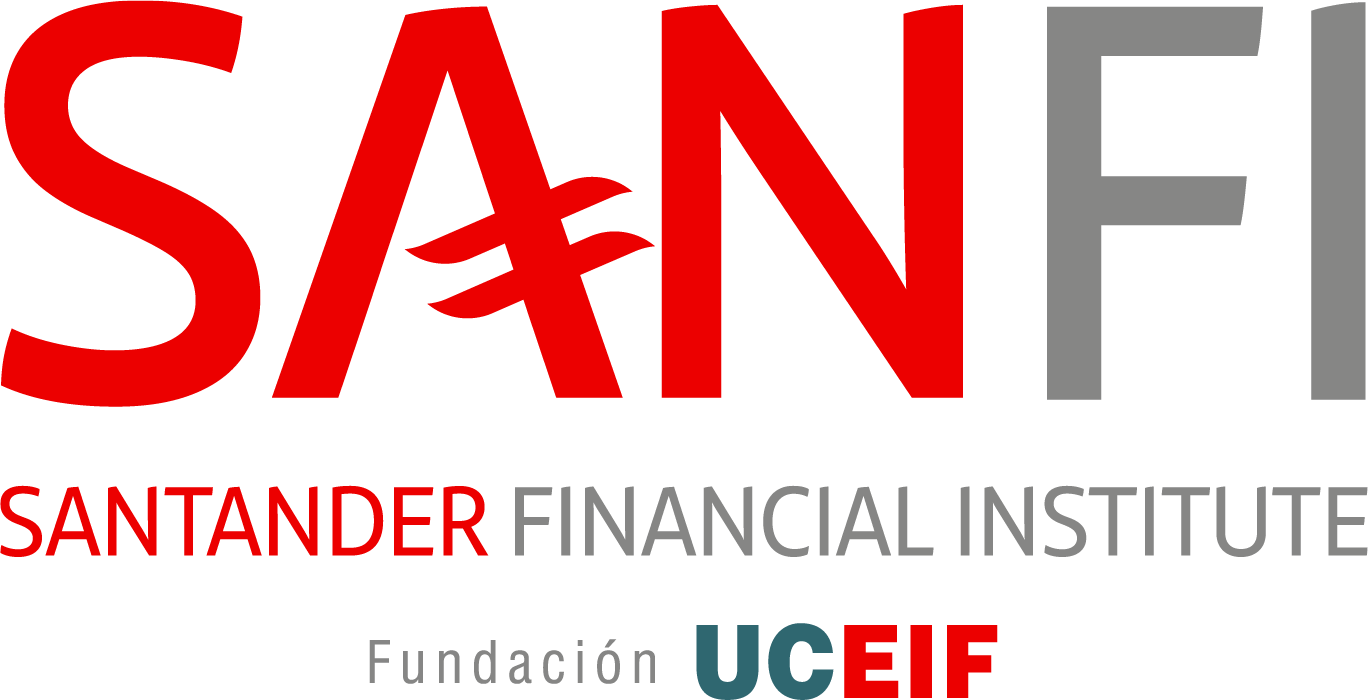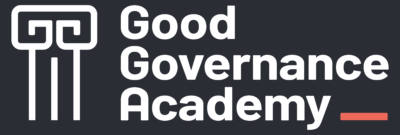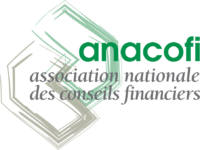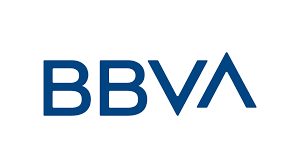Introduction
Covid-19 has demonstrated the critical interdependence of different elements of society, including companies, governments, employees, customers and supply chains. The demands to transform companies from within must be supported by ESG training, which has to play a priority role in the development of these strategies, hence the importance of rigorous and internationally recognised professional certifications to avoid green washing.
This whole process accelerates the creation of value for shareholders, but it also represents a growth opportunity for professionals who can see their job opportunities improve, as well as having a more than obvious competitive advantage over other profiles that are not committed to these ESG criteria.
At this point, there is no doubt that the commitment to the ESG strategy is a key opportunity for companies to ensure their survival and future growth, as well as their adaptation to the new international regulations and best practices. But it is necessary to go a step further in which companies and their shareholders have to prepare and train themselves professionally to implement criteria that consumers and their employees are already demanding. And this is an unstoppable path!
The IASE Association aims to be the main international certification body for all professionals in the field of ESG and thus promote the confidence of professionals and consumers in knowledge, skills, lifelong learning, behaviour and ethics.
At IASE we are digital natives and our DNA is 100% ESG. We were set up last year in London with the blessing of the UNFCC’s Green Climate Fund.
At IASE we aim to be the leading international certification body for all ESG professionals, thereby promoting professional and consumer confidence in corporate knowledge, skills, conduct and ethics. Our certifications are dynamic, fully updated, agreed by a large number of international experts, allowing us to create a learning path that is tailored to the needs of corporations.
The International Association for Sustainable Economy (IASE) envisions a future in which our society understands the importance and benefits of Environmental Social and Governance (ESG) process criteria and how it can make our lives better; a future in which consumers can readily identify competent and ethical professionals who place Environmental Social and Governance’ interests first.

IASE envisions a future in which societies the world wide understand the importance of ESG standards and how they can make lives better; a future in which stakeholders can readily identify competent and ethical sustainability and ESG experts who always place social interests above all else and enjoy the public’s trust; a future in which practitioners aspire to the highest levels of professionalism; a world in which there are clearly defined academic career pathways for the sustainability profession; and world in which companies, regulators, governments, NGOs, international organizations and many other stakeholders all recognise and do take action to issues of ESG and sustainability to be mainstream, and not extra endeavours.
In short, IASE envisions an ESG and sustainability profession that is at parity with other well recognised and respected professions the world over.
Our History
IASE has the power to change lives
Headquartered in London, UK, the International Association for Sustainable Economy (IASE) represents the sustainability profession globally regarding standard-setting, and advocates on behalf of the profession to international organizations, governments, businesses, non-governmental organizations and civil society. In addition to ensuring compliance with best practice and certification standards it sets globally, IASE also provides the most relevant knowledge and resources in supporting and protecting the evolving public interest. We’re shaping a sustainable future. You need to be part of it!
Whilst the United Nations envisions a sustainable planet that benefits all who live in it today and in the future, IASE envisions that same world endowed with competent professionals in sustainability from all spheres of life – government, business, civil service, communities, NGOs – all working to guide the world towards this same singular vision.
IASE, together with its member organizations around the world work in a closely knit manner to achieve their shared vision and mission.
Vision
To develop Environment, Social and Governance into a recognized and respected profession the world over.
Mission
To benefit humanity by establishing, upholding and promoting global standards for the ESG profession as evidenced by ISF (International Sustainable Finance) and ISB (International Sustainable Business) twin certification marks signifying highest level of excellence in the practice of the profession.
What We Do
IASE works to develop ESG standards, certification requirements and body of knowledge so as to achieve commonality and harmony to the practice of the sustainability profession, even whilst recognizing country and regional specific differences. To achieve its mission, IASE engages in the following:
Setting Standards
IASE, in consultation with its global stakeholders, establishes and enforces compliance with the highest global professional and ethical standards for ESG practitioners as well as certification requirements for those aspiring to professional levels of practice. IASE certification marks are the standards of excellence for ESG professionals worldwide.
Leadership and Advocacy
As one of the main international professional standards-setting body for the ESG profession, IASE community, on an ongoing basis, advocates and engages international and regional organizations, governments, NGOs, business leaders and civil society and any other relevant stakeholder groupings in furtherance of its stated vision and mission.
Recognition and Awareness
IASE community works to ensure that all stakeholders in the global marketplace recognise IASE as the global standards setting body for the sustainability profession.
We also work on developing and executing global promotion campaigns aimed at positioning ISF and ISB certification marks as symbols of excellence for sustainability professionals.
IASE (International Association for Sustainable Economy), the first Association worldwide to certify ESG professionals, has drawn up a list of ten Strategic Points in which it summarizes why corporations should work to promote ESG policies in the Covid-19 era.

A corporate strategy that is fully compatible and responsible with the reality facing our planet
1. Provides for a Corporate Strategy that is fully compatible and responsible with the reality facing our planet: having a sustainable strategy that incorporates ESG criteria allows the company to comply with the United Nations' sustainable development principles and positions it as an institution that bets on and defends ethical values that are fully shared by the main organizations worldwide.

Increased return on investment
2. Increased Return on Investment: in the last 12 months, the return on funds invested in companies that have an ESG component have performed better than those that do not have a sustainable investment policy associated with them. This gap is expected to increase over time towards companies that have fully embedded ESG policies. This reality has also been shown empirically through more than 2,000 academic studies which show that, in more than 70% of the cases, there is a high correlation between companies with ESG criteria and the best financial results obtained. Investors are shifting their portfolio towards more sustainable companies, and those without a clear ESG long term policy are suffering a decrease in their price value and their liquidity, because private and public institutional investors are not interested in maintaining those companies when readjusting their asset allocation scheme.

More efficient financing cost structure
3. More efficient financing cost structure: those institutions that have incorporated ESG metrics in the management of their processes, and especially in the reduction of their carbon footprint, can access better and cheaper sources of financing than those companies that continue with a policy of managing their resources in a traditional way.

Reduction of operational and production costs
4. More efficient financing cost structure: those institutions that have incorporated ESG metrics in the management of their processes, and especially in the reduction of their carbon footprint, can access better and cheaper sources of financing than those companies that continue with a policy of managing their resources in a traditional way.

A ESG governance system based on good professional practices and ethical principles
5. An ESG Governance System based on good professional practices and ethical principles in organizations introduce ESG governance systems, incorporate decision processes that take into account all of their stakeholders (shareholders, customers, employees, suppliers, etc.) and aim to ensure that the interaction of all of them is carried out in an optimum manner and always respecting criteria that guarantee maximum professionalism and compliance with deontological codes.

A much more responsible organisational culture
6. It allows a much more responsible organisational culture: those organizations that introduce awareness policies through training projects on the importance of ESG begin to find that they have better corporate performance than those that do not. In fact, they constitute a whole change of mentality that contributes decisively to the institution being fully aligned with Environmental, Social and Governance criteria.

Improved Work opportunities within the organisation
7. Improved work Opportunities within the Organisation: an adequate internal equality policy allows the company to contribute generating the same work opportunities for both men and women, increasing the motivation of a very important segment of the institution, and also making available much more talent that will result in improved decision-making throughout the organisation.

A better work-life balance among employees
8. It allows for a better work-life balance among employees: those organizations which incorporate ESG criteria allow for a better balance between work and family life demands through more compatible schedules and/or the incorporation of teleworking. All of this results in a better working environment for the entire organisation and contributes to a higher level of motivation than in organizations which do not incorporate this type of personnel policy.

A ESG compliant regulation organisation
9. Prepares the organisation to be able to comply with regulatory requirements: worldwide, regulatory pressure is increasing. And in the case of ESG requirements, there are several international initiatives that will clearly and demonstrably require organizations to incorporate sustainability, social and governance criteria both in their corporate strategy and in their own daily operations. Those institutions that do not comply with the new regulations may be penalised with the consequent impact on reputational risk, among others.

Increased corporate social responsibility
10. It contributes to the Organization's Customers having a good perception of the company's corporate image: currently, there is a trend of consumers demanding products and services from companies that comply with ESG criteria. This trend will increase in the coming years. And therefore, only organizations that have such criteria incorporated into their DNA will have a competitive advantage in an increasingly competitive global market.
Understand more about IASE corporate governance
The Board of Directors is our governing body and its role is to promote the long-term sustainable success of the IASE and to generate value for its members and stakeholders worldwide
Sustainable | Economy

Carmen-Daniela Micu
IASE Chairwoman of the Board

Godfrey N. Nti
IASE Vice Chairman of the Board
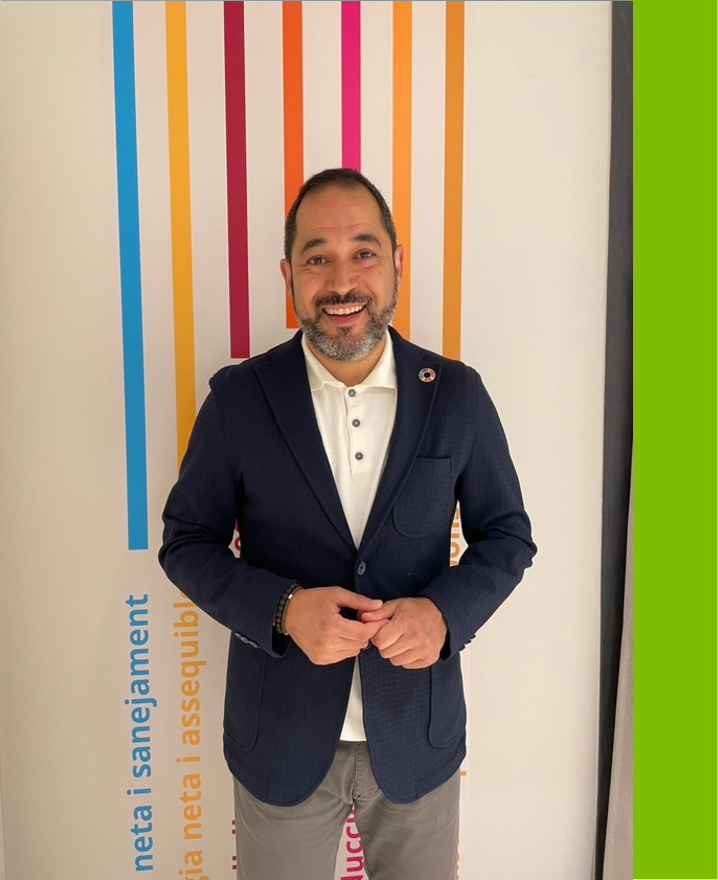
Karim Zouhdi
IASE Executive Secretary
Sustainable | Economy

Chairman Charles W Munn

Andreea Voinea

Jacqui Grove

Philip Nieuwenhuijs

John Song

Úrsula Ruiz

Mario Spatafora
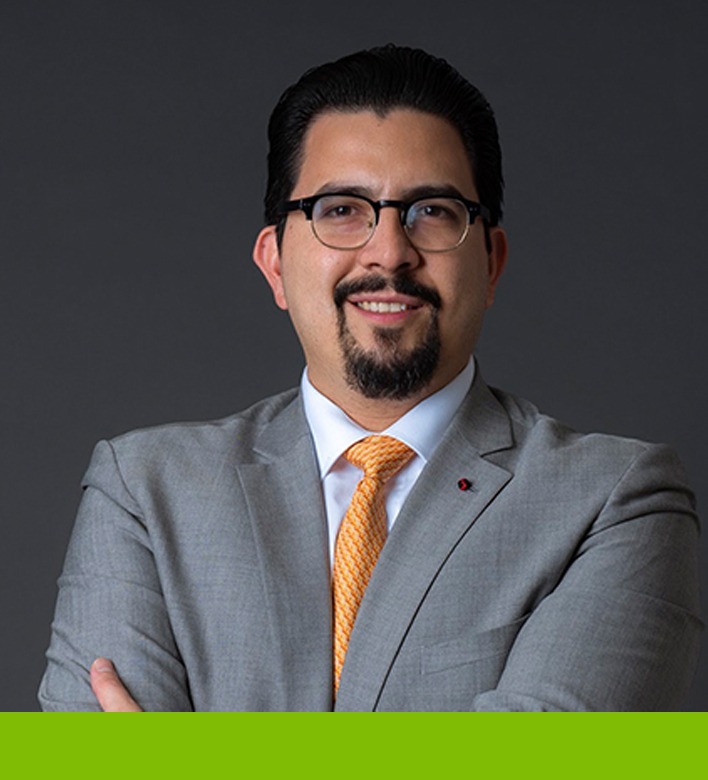
Adalberto Méndez López
Sustainable | Economy

Chairwoman Gabriela Hartescu, PhD

Adrian Cordilasu, PhD

Johan Aucamp

John Akuoko-Tawiah

Kyungsun Park

Sven Putfarken

Ugo Rigoni

Miguel Santinelli

Hyenyoung Yoon

Chairwoman Gabriela Hartescu, PhD

Adrian Cordilasu, PhD
Partnerships
Tackling some of the toughest global challenges can’t be achieved alone. Working in collaboration can often lead to greater impact. We are proud to announce our collaborating entities.
With the following institutions for a multi-year strategy to drive professionals and business awareness and actions in support of ESG education and higher standards worldwide. We foresee an increasing number of collaboration entities that will join IASE in the coming months.
Stay updated
Subscribe to our newsletter


